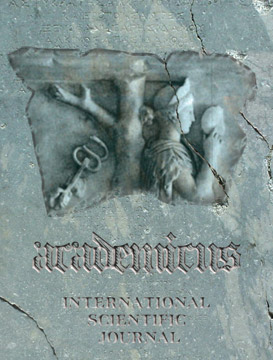De-dollarization is a “significant reduction in the use of dollars in world trade and financial transactions, [as well as] decreasing national, institutional and corporate demand” for United States dollars. (Goldman Sachs 2023; Li Yuefen 2024) De-dollarization has been a persistent theme since the collapse of the Bretton Woods Gold System in 1971 and the rising US national debt. (Cohen 2015) Efforts to minimise reliance upon the US dollar, such as the 1976 introduction of the IMF Special Drawing Right and the 2002 introduction of the Euro, failed to displace dollar dominance. (Eichengreen 2011) The Euro is a currency without a Nation State and the IMF SDR is not a currency used to invoice and settle international trade and financial transactions. However, the decision of the United States to “weaponize” the use of the dollar and to impose restrictions on global payment systems have impelled countries to construct an alternative to the dollar system.1(Sen 2019) This article first examines the adverse effects of using the US dollar as a global reserve currency. Second, the article examines the application of economic sanctions, specifically against the Russian Federation, to illustrate the probable development of an alternative reserve and invoice currency to co-exist with the dollar. Third, the article posits the conditions necessary to establish a viable alternative to the dollar and then examines efforts to promote alternatives to global payment systems such as SWIFT, and to build a new reserve currency.2 The article concludes: [1] the imposition of economic sanctions compels target countries to create alternative financial systems and settle international trade in national currencies; [2] establishing a new reserve currency out of whole cloth is a formidable task and lacks a recent historical counterpart, [3] the renminbi is the likely currency to rival, not displace, the US dollar.
Academicus International Scientific Journal is an Open Access Journal. This means that all content is freely available without charge to the user or his/her institution. Users are allowed to read, download, print, search, or link to the full texts of the articles in this journal without asking prior permission from the publisher or the author. This is in accordance with the BOAI definition of open access. Users are obliged to cite the source (Academicus International Scientific Journal) and the author, according to the international citation standards.
Academicus
International Scientific Journal
pISSN 2079-3715
eISSN 2309-1088
Address:
Sheshi i Flamurit, Rruga Muze
Al-9401 Vlorë, Albania
Tel: +355 68 60 60 555
info@academicus.edu.al
https://academicus.edu.al



 Scholar
Scholar
 Crossref
Crossref
